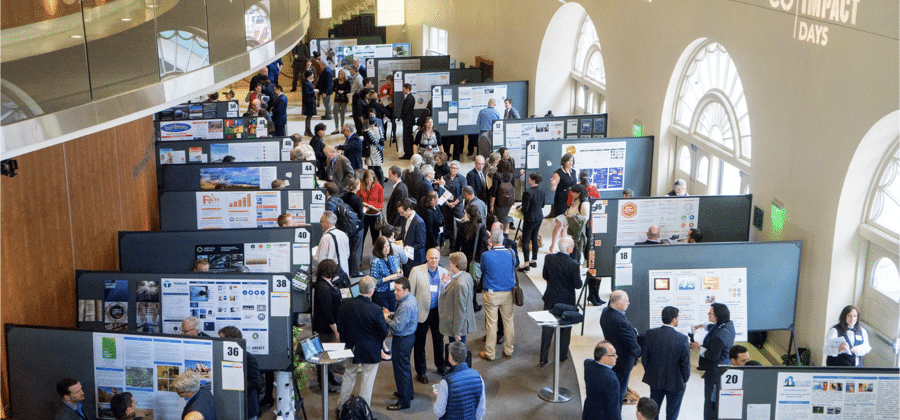
Impact investing is rapidly increasing in popularity and there’s a growing interest from first time investors. Education is the key to feeling comfortable for those sticking their toe in the water.
In 2012 Dr. Stephanie Gripne recognized a need for trustworthy, un-conflicted investor education. Back then she was the director of the Initiative for Sustainable Real Estate Development at the University of Colorado’s Lead School of Business. Money just wasn’t flowing into projects which were trying to make a difference and most investment advisors were trying to gain business or build a fund. Her hypothesis was that a non-profit could offer such education and might activate or accelerate investment where it matters.
If you’ve never heard of an accelerator, it’s like a boot camp for start-ups and small business. Their role is generally to identify, educate and invest in entrepreneurs. Stephanie thought that an accelerator might just be the way to educate impact investors, so in 2012 she founded The Impact Finance Center (IFC). It is essentially an accelerator. Founded as a non-profit academic center, its mission is to identify, train and activate philanthropists and investors to become impact investors. Those investors might include private foundations, community foundations, high net worth individuals, companies, family offices and a growing number of new investors.
The IFC offers one-on-one training as well as small and large group training. And for those who want to train themselves there are two hundred online classes and forty-seven recorded webinars. The Center also offer simulation activities where would-be investors can either pretend to invest or practice investing small amounts. Or they might learn how to invest as a group by pooling a little money. And for those who are already investors, the IFC can evaluate portfolios and investment advisors for governance and fees, evidence-based decision evaluation and impact.
The IFC’s education institute is only a part of their community infrastructure which they are building to be replicated, scaled and customized. Also in their arsenal are investor clubs, a marketplace for impact investing, a Who’s Who of impact investing, and partnerships with civil society organizations like community foundations and Community Financial Development Institutions.
Listen in to my podcast interview with Stephanie to find out more about the in-roads she is making.
Image courtesy of Impact Finance Center
